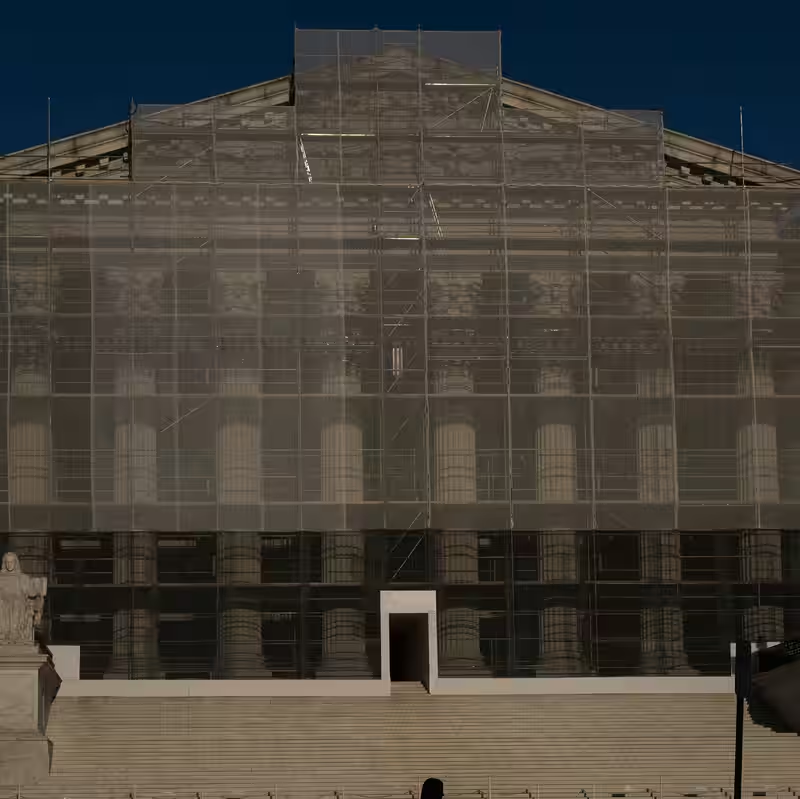Hundreds of thousands of immigrants living legally in the U.S. under Temporary Protected Status (TPS) are now caught in a legal whirlwind—thanks to conflicting federal court rulings and a deafening silence from the Supreme Court.
What Is TPS—and Why Is It Suddenly at Risk?
Temporary Protected Status is a humanitarian program that allows nationals from countries facing war, natural disasters, or other extraordinary conditions to live and work in the U.S. without fear of deportation. As of 2025, over 800,000 people from 16 countries—including El Salvador, Haiti, Honduras, Nepal, and Venezuela—hold TPS .
But a recent split among federal appeals courts has thrown the program into chaos. In one ruling, a conservative-leaning circuit declared that certain TPS holders who entered the U.S. without inspection are ineligible to apply for green cards. Another circuit ruled the opposite—creating a patchwork of rights based solely on geography.
Who’s Affected?
The uncertainty hits hardest for long-term TPS recipients who’ve built lives here for decades:
- El Salvador: ~250,000 beneficiaries
- Honduras: ~80,000
- Haiti: ~100,000 (many with pending extensions)
- Venezuela: Rapidly growing cohort under Biden-era designation
Many have U.S.-born children, own homes, run small businesses, and pay taxes—but now face the possibility of being barred from permanent residency or even deported if their home country’s TPS designation ends.
Supreme Court’s Silence Speaks Volumes
Despite urgent appeals from immigrant advocates and bipartisan lawmakers, the Supreme Court has so far declined to take up the issue. Legal experts say the Court may be waiting for Congress to act—but with immigration reform stalled in a deeply divided Congress, that seems unlikely before the 2026 midterms.
“These aren’t abstract legal questions,” said immigration attorney Maria Lopez. “Real families are waking up every morning wondering if today’s the day ICE shows up.”
What’s Next?
Advocacy groups are pushing for the American Promise Act, which would create a path to citizenship for TPS holders. Meanwhile, some states—like California and New York—have passed laws offering state-level protections, including driver’s licenses and in-state tuition, regardless of federal status.
But without a unified federal standard, the fate of TPS remains precariously tied to courtroom geography and judicial ideology.




